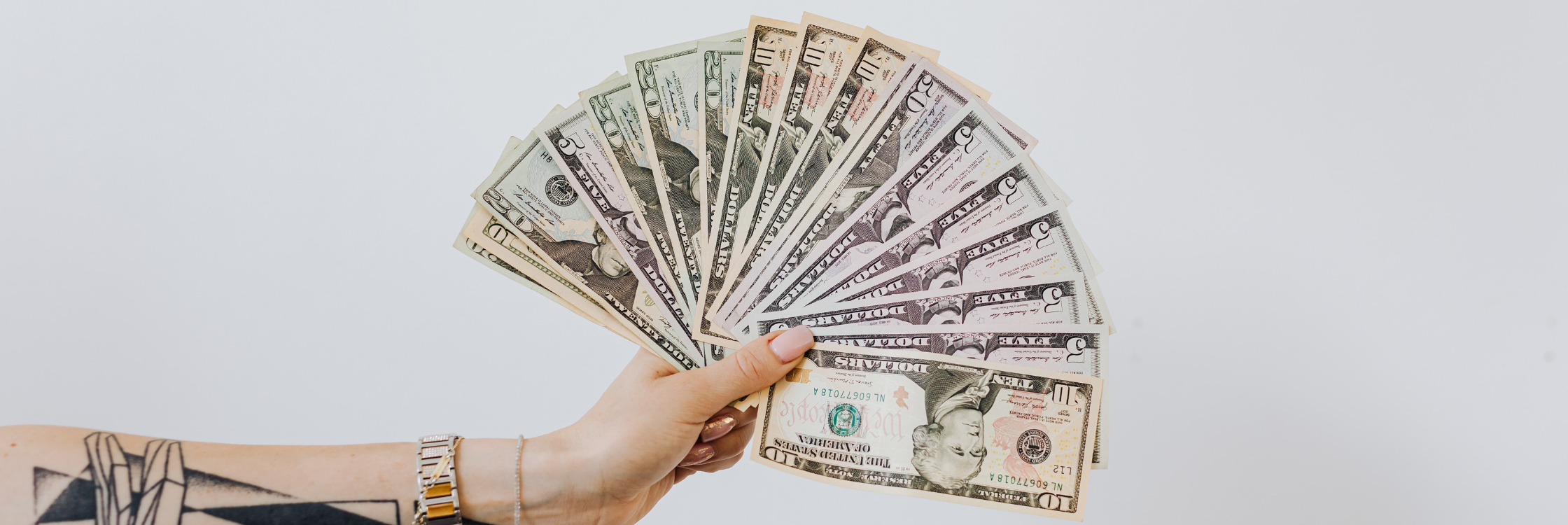
Heartbreak. Outrage. Urgency.
These emotions describe what 22,292 people may have felt over five days in 2019 when they selflessly reached into their wallets and collectively donated $2,003,034.09 via a crowdfunding site to help a little girl pay for an FDA-approved therapy for Spinal Muscular Atrophy (SMA). SMA is a rare, inherited, often terminal, neurodegenerative genetic disease. Children are only eligible to receive the novel gene therapy, called Zolgensma, before age two. A week shy of her second birthday, Eliana Cohen’s family rushed to raise the funds. Administered in a single dose at the cost of $2.1 million, Zolgensma has been dubbed the most expensive drug in the world. Eliana’s health insurer refused to cover it. Left with no other choice, her parents turned to medical crowdfunding. Eliana received the treatment one day before her second birthday.
Unfortunately, crowdfunding stories are more common than most realize. Medical crowdfunding has increasingly become a resource of last resort for desperate patients who have been abandoned and left to fend for themselves in a broken healthcare system. Notwithstanding, the issue has failed to garner meaningful attention that can lead to real change.
Crowdfunding for Research
Like the Cohen family, the Landsman family experienced this desperation first-hand when they wereforced to turn to crowdfunding after their sons, Benny and Josh, were diagnosed with Canavan disease. Canavan disease is a rare, inherited, terminal, neurodegenerative disease. Although doctors informed the Landsmans that there was no treatment for the disease, they soon discovered promising gene therapy research that had yielded positive results in rodents. Due to funding cuts, however, the study had ceased. The scientist pioneering the research, Dr. Paola Leone, lacked the millions of dollars necessary to move forward with clinical trials in humans. Dr. Leone had applied for National Institutes of Health Grants (“NIH”) on two separate occasions but was denied both times. As time is of the essence in Canavan disease, the Landsmans started a GoFundMe page. Over a period of years, the family finally raised the $6.2 million necessary to fund a clinical trial that included, not only Benny and Josh, but twenty-four other participants as well. After receiving the treatment, Benny and Josh have shown signs of improvement.
Crowdfunding for Basic Care
Parents with children suffering from rare genetic illnesses are not the only ones who are turning to medical crowdfunding. Countless others depend on crowdfunding to subsidize basic life-saving medications, such as insulin. Crowdfunding to cover medical expenses is so common, that numerous sites provide patients instructions on how to raise money more effectively. One thing is clear: medical crowdfunding has become a vehicle for frantic, last-minute pleas to strangers when all other options have failed.
Crowdfunding for ineffective treatments?
Although the increasing dependence on medical crowdfunding should raise serious red flags concerning the state of our healthcare system, dialogue around the issue is woefully lacking. When medical crowdfunding is discussed, the focus largely centers on the concern that medical crowdfunding is prone to misuse. For instance, in one study, researchers urged physicians to be proactive in educating their patients about the dangers of using crowdfunding to pay for unproven stem-cell research. In another study, researchers detailed how crowdfunding generates significant funding for “unsupported” and “ineffective” treatments, including “homeopathy or naturopathy for cancer, hyperbaric oxygen therapy for brain injury, stem cell therapy for brain injury and long-term antibiotic therapy for chronic Lyme disease.” Several popular media outlets, including Reuters, STAT, and NPR, have also published stories warning about the dangers of medical crowdfunding misuse.
Crowdfunding plays on U.S. system failures
While misuse is worthy of investigation, it hijacks the broader conversation around medical crowdfunding. We must not neglect the discussion regarding the underlying system failures that fuel such fundraising in the first place. For example, insurance companies should not have the right to deny coverage for FDA-approved therapies, such as Zolgensma, that can spare young children from a life of profound suffering and premature death. Further, life-saving drugs, such as insulin, should be financially accessible to every citizen. Additionally, NIH grants for rare diseases, such as the ones sought by Dr. Leon, should be more readily available.
Rebuilding Trust
Lastly, stakeholders should investigate what prompts the misuse of medical crowdfunding to finance allegedly “unsupported” therapies. Many feel abandoned by mainstream medicine, and we must work to rebuild trust between patients and the medical community. These are big problems, and the solutions will not come easily. Addressing the root causes of medical crowdfunding is a place to start. Children like Eliana, Benny, and Josh – as well as countless everyday citizens – depend on it.
Tracey L. Cohen, JD, MS is a Distinguished Visiting Scholar at the University of Miami Miller School of Medicine, Institute for Bioethics & Health Policy.